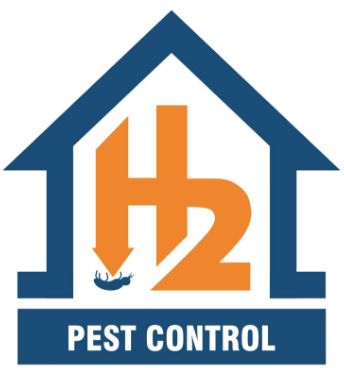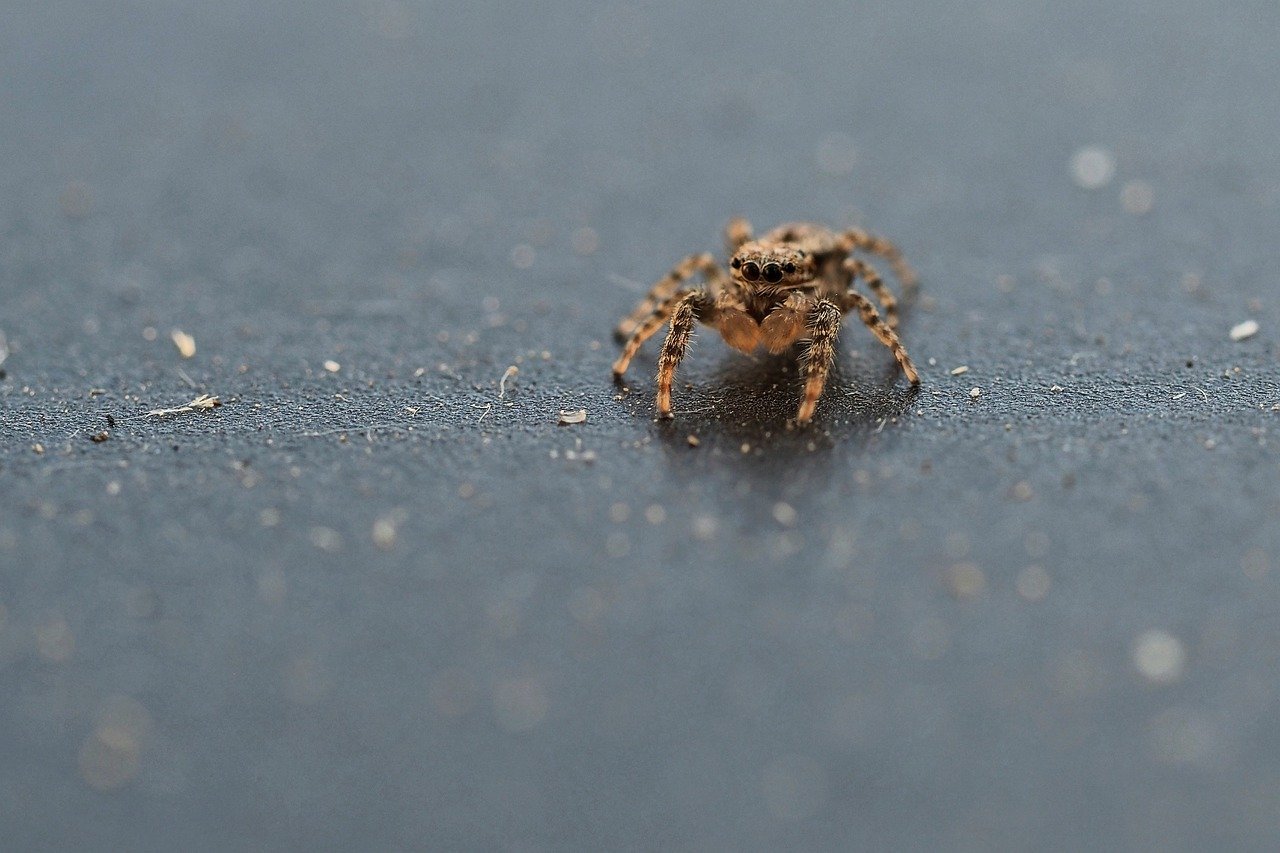Spider bites are a common occurrence, but most are not serious. However, there are a few spiders whose venom can cause severe reactions, even death. If you are bitten by a spider, it is important to know how to identify the spider and treat the bite.
What is a spider bite?
A spider bite is an injury resulting from the bite of a spider. The effects of most bites are not serious. Most bites result in mild symptoms around the area of the bite. Rarely they may produce a necrotic skin wound or severe pain.
Symptoms of a Spider Bite
The symptoms of a spider bite vary depending on the type of spider and the severity of the bite. Common symptoms include:
- Pain, redness, and swelling at the bite site
- Itching or rash
- Pain radiating from the site of the bite
- Muscle pain or cramping
- Reddish to purplish color or blister
- Nausea, vomiting, or diarrhea
- Headache
- Fever
- Difficulty breathing
- Seizures
How to Identify a Spider Bite
If you are bitten by a spider, it is important to identify the spider if possible. This can help you determine the severity of the bite and the best course of treatment.
Some spiders, such as the black widow and the brown recluse, have distinctive markings that can help you identify them. However, not all spiders are easy to identify. If you are not sure what type of spider bit you, it is best to seek medical attention.
How to Treat a Spider Bite
Most spider bites do not require medical attention. However, if you experience any of the following symptoms, you should seek medical attention immediately:
- Severe pain
- Swelling that is spreading
- Blistering or skin necrosis
- Difficulty breathing
- Seizures
The treatment for a spider bite will depend on the type of spider and the severity of the bite. In some cases, antivenom may be necessary. Other treatments may include:
- Pain medication
- Antibiotics
- Tetanus shot
- Supportive care
How to Prevent Spider Bites
There are a few things you can do to help prevent spider bites:
- Shake out your shoes and clothing before putting them on.
- Check for spiders in dark, undisturbed areas, such as under furniture and in basements.
- Seal up cracks and holes in your home.
- Keep your yard free of debris and clutter.
- Wear gloves and long sleeves when working in areas where spiders are common.
- Hire a professional pest control company like H2 Pest Control to control spiders around your home.
By following the tips in this article, you can help keep yourself and your family safe from spider bites.



